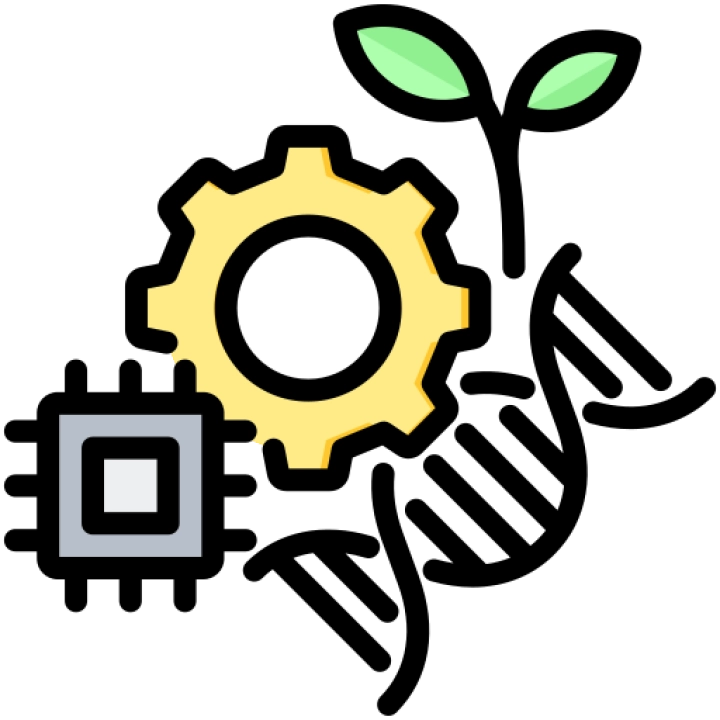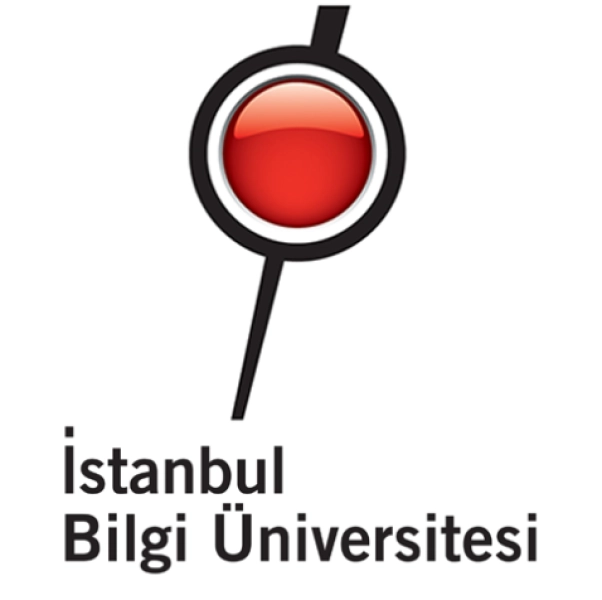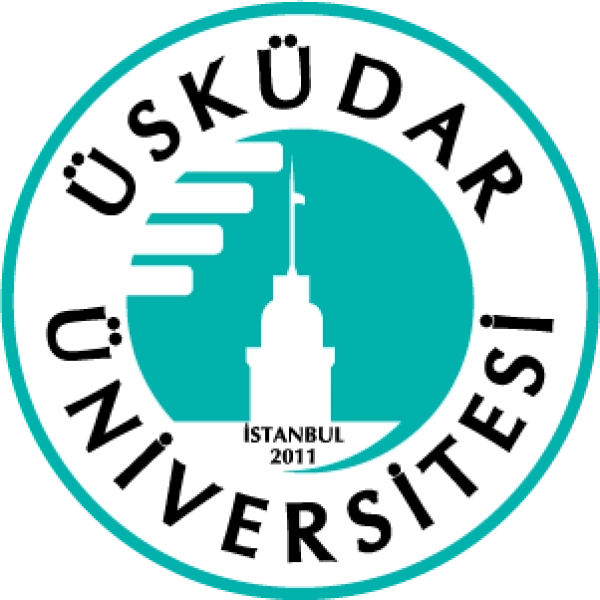College: Graduate School of Natural and Applied Sciences
This specialization focuses on applying engineering principles to biological systems and medical technologies. Students gain skills in biomaterials, biomechanics, bio-devices, and biomedical imaging, preparing them for careers in biomedical engineering, healthcare, and related fields.
Learning Objectives:
- Understand biological systems and engineering principles.
- Develop skills in biomaterials, biomechanics, and bio-devices.
- Learn biomedical imaging and diagnostic techniques.
- Explore biomedical regulations, safety standards, and quality control.
- Analyze biomedical data and performance metrics.
- Develop critical thinking, problem-solving, and technical skills.
Main Outline:
- Introduction to Bioengineering - Overview of bioengineering and industry trends.
- Biological Systems - Principles of cell biology, physiology, and biochemistry.
- Biomaterials - Materials science, biocompatibility, and tissue engineering.
- Biomechanics - Mechanical principles applied to biological systems and medical devices.
- Bio-devices - Design and development of biomedical devices and sensors.
- Biomedical Imaging - Imaging techniques, equipment, and data interpretation.
- Biomedical Regulations and Safety - Regulatory compliance, safety protocols, and ethical considerations.
- Biomedical Engineering Practices - Design principles, prototyping, and manufacturing processes.
- Practical/Applied Training - Hands-on experiences in biomedical engineering environments.
- Capstone Project - Comprehensive project applying skills in bioengineering principles, biomedical design, or diagnostic techniques.
Assessment Methods:
- Analysis of biological systems, biomedical projects, regulatory studies, diagnostic cases, imaging studies, internship reports, final projects, group projects, and presentations.
Recommended Textbooks:
- "Introduction to Bioengineering" by various authors.
- "Biological Systems" by various authors.
- "Biomaterials" by various authors.
- "Biomechanics" by various authors.
- "Bio-devices" by various authors.
- "Biomedical Imaging" by various authors.
- "Biomedical Regulations and Safety" by various authors.
- "Biomedical Engineering Practices" by various authors.
Prerequisites:
Basic knowledge of biology, chemistry, physics, and mathematics, and an interest in bioengineering.
Duration:
Typically 4 years for a bachelor's degree.
Certification:
Graduates can obtain certifications from professional organizations such as the Biomedical Engineering Society (BMES) or equivalents.
Target Audience:
Aspiring biomedical engineers, healthcare professionals, and researchers seeking to work in medical device companies, healthcare institutions, biotechnology firms, and regulatory bodies. This specialization equips students with the skills needed to excel in bioengineering, supporting careers in various biomedical engineering and healthcare roles.



